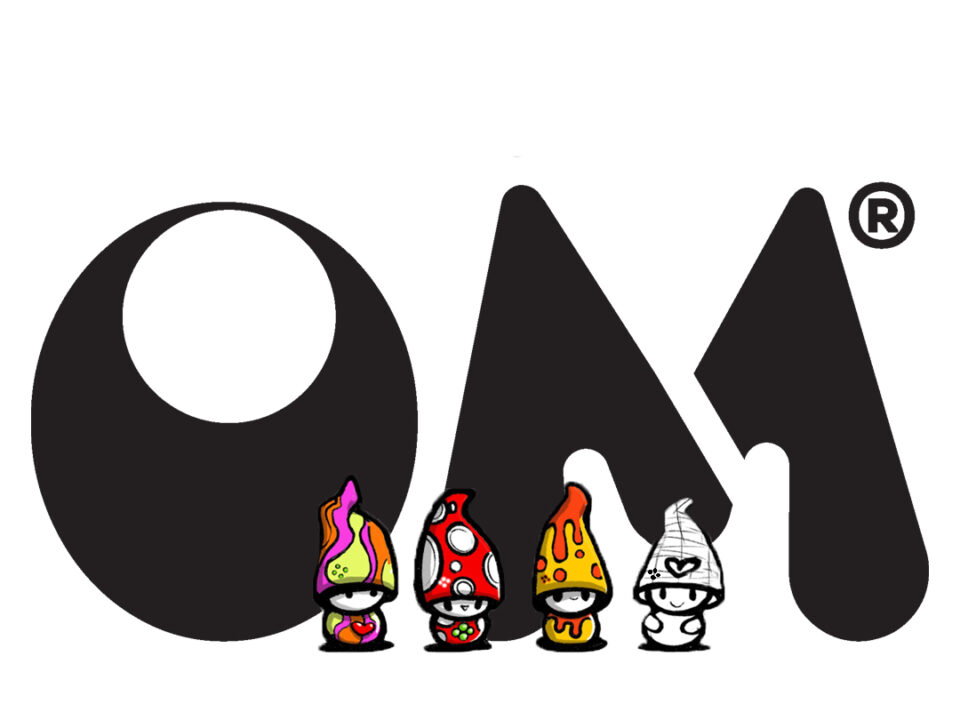'Treat people right and be nice to other people . . .'
July 27, 2014Gunter Demnig's Stolpersteine: forever connected . . .
September 2, 2014Young people can be amazing . . .
Brave. Bold. Resilient. Resourceful. Imaginative. Inspirational. Take Trisha Prabhu, for instance.
Just 13-years-old, Trisha has, like countless teenagers, experienced cyber bullying at first hand. In her case, it centered around her fashion sense (as Trisha explains, ‘I was bullied about my wardrobe [and] the things that I chose to wear’), the insults hurtful and cruel. Unlike others in a similar situation, she refused to be pushed around . . .
Instead, Trisha set about developing a computer program designed to make bullies think about their actions and their consequences. It’s a system that she has called Rethink.
Rethink, because it urges those preparing to post a cruel comment online to do just that. Rethink has the potential to do immense good, so much so that Trisha has, as a result, been named among the 15 finalists at the forthcoming Google Global Science Fair. It’s quite an achievement.
Trisha decided to act after hearing about Rebecca Sedwick, a 12-year-old from Florida, who committed suicide last September. Rebecca had complained about being bullied in the months leading up to her tragic death. Something struck a chord. Rethink was born.
Having studied the brain, Trisha learnt that the prefrontal cortex (the part that regulates self-control) doesn’t reach full development until a person turns 25. This means that teenagers, due to their brain structure, are impulsive and liable to act without thinking about the consequences. Rethink doesn’t stop someone posting a cruel comment. But, having recognized damaging words (such as ugly, loser or stupid), it does urge users to consider their actions before pressing the button and, what’s more, trials suggest it works.
‘It says to cyberbullies, as they’re about to post something offensive, ‘Whoa, are you sure you want to post that on a social media site? It could be offensive’,’ explains Trisha. ‘It tells them, ‘Rethink what you’re about to do’. It’ll pick up on the hurtful words and it’ll tell them ‘That’s not the right context. That’s not the right message’. It sounds simple, but we’ve seen kids changing their minds, which is amazing.’
The results are amazing. You see, having trialed Rethink on 533 teenagers, 93% changed their mind and decided not to post a comment that Rethink flagged up as being offensive . . .
‘I’m looking forward to a future where we have conquered cyberbulling,’ says Trisha. Given that half of all teenagers are believed to have experienced cyberbullying – and that 20% suffer it on a regular basis – this is a big statement to make. But brave and bold, resilient and resourceful, imaginative and inspirational, we have no doubt that Trisha can succeed. Let’s face it, if anyone can do it, she can.
Trisha isn’t just making teenagers think twice about their actions, she’s inspiring us all. To consider other people and their feelings. To recognize the consequences of our actions. To be a little nicer. To have a rethink.
Here at OM®, where our faith in young people is just about unshakable, this is a tale that has struck quite a chord and we’d like to wish Trisha well at the Google Global Science Fair. Brave and bold, resilient and resourceful, imaginative and inspirational, she has our vote . . .





